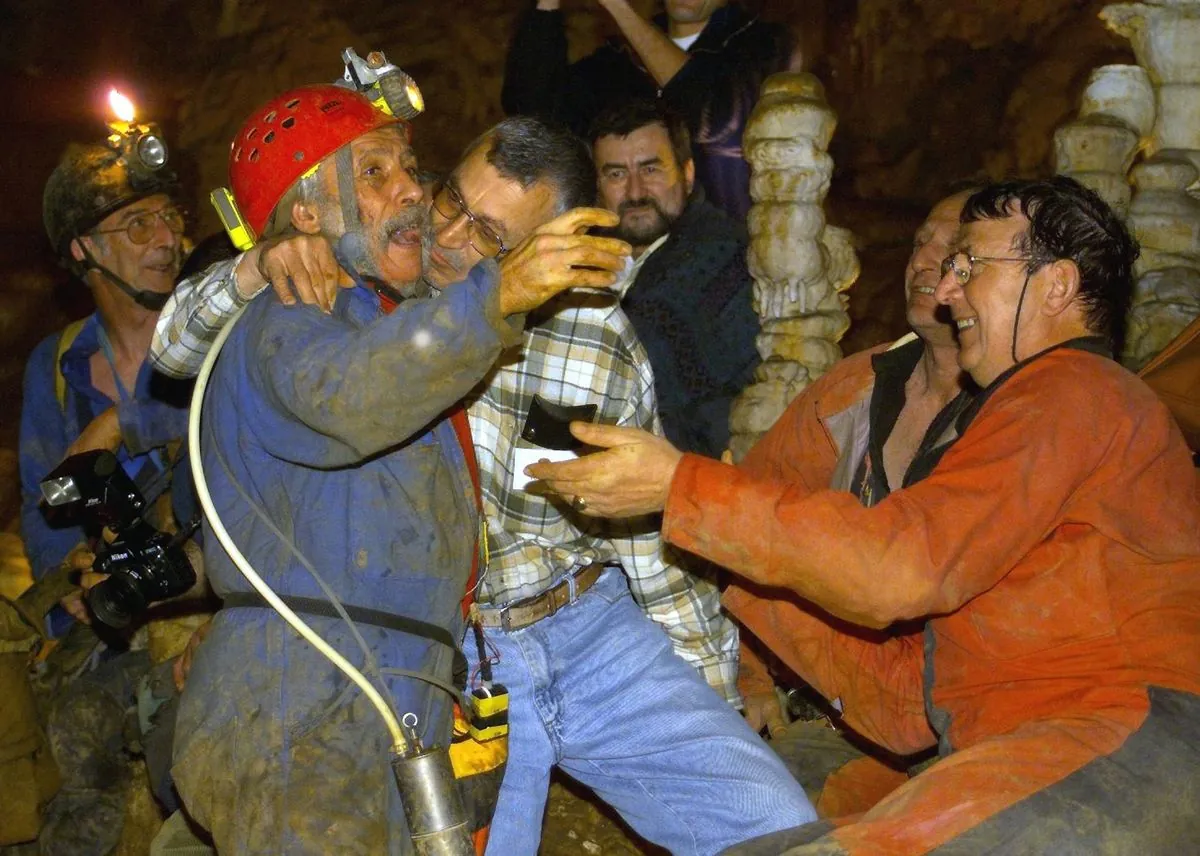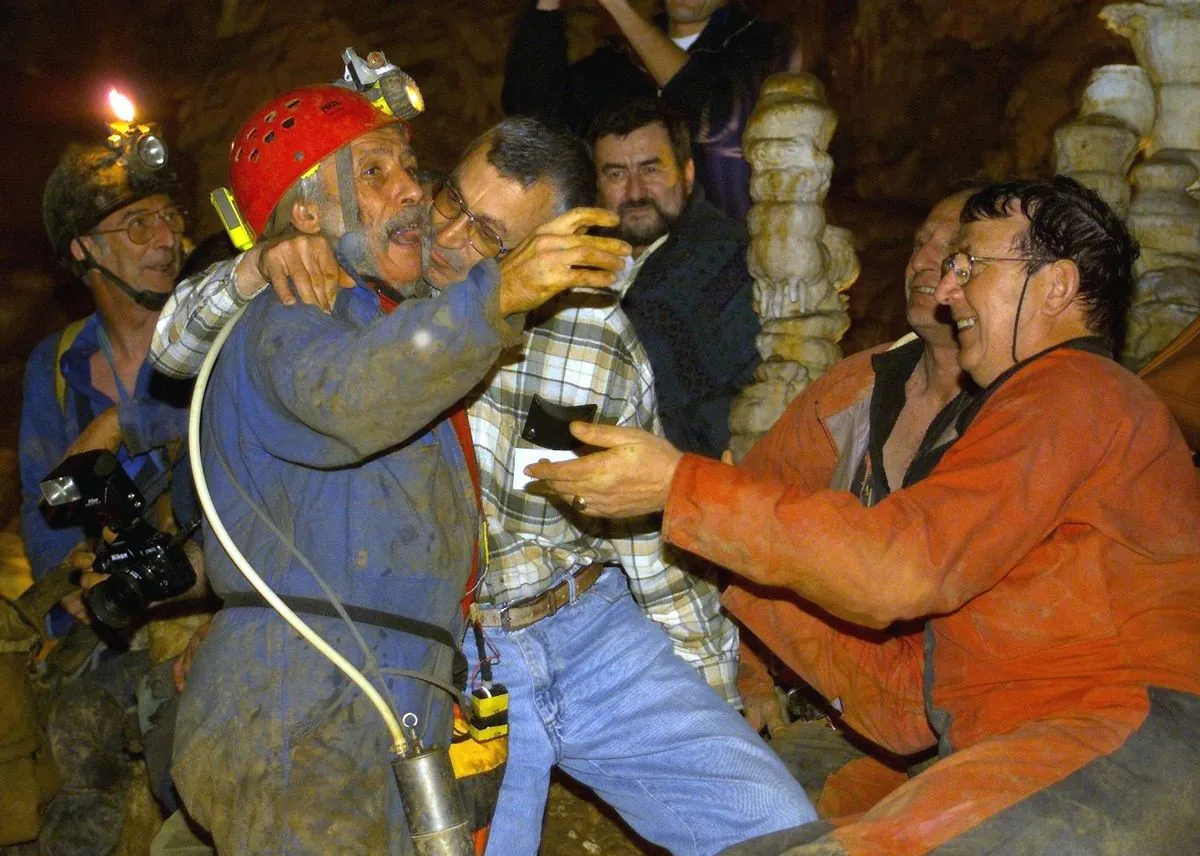Pioneering Time Perception Researcher Michel Siffre Dies at 85
Michel Siffre, renowned for his groundbreaking isolation experiments in caves, passed away in Nice, France. His work revolutionized our understanding of human time perception and circadian rhythms.

Michel Siffre, a pioneering researcher who revolutionized our understanding of human time perception, passed away on August 25, 2024, in Nice, France, at the age of 85. Siffre's groundbreaking work in chronobiology, spanning over five decades, provided invaluable insights into the human body's internal clock and the effects of isolation on time perception.
Siffre's most notable experiment began on July 16, 1962, when he descended into the Scarasson abyss in the French Alps. For eight weeks, he lived in complete isolation, 130 meters below the surface, meticulously documenting his physiological and psychological experiences. This experiment laid the foundation for his future research and contributions to the field of chronobiology.
Upon emerging from the cave in mid-September 1962, Siffre made a startling discovery: he believed it was August 20, revealing a significant compression of his psychological time. This finding suggested that the human body might possess an internal clock operating on a roughly 48-hour cycle, independent of natural circadian rhythms governed by sunlight.
Siffre's work attracted the attention of various scientific agencies, including NASA, which saw potential applications for long-duration space missions. His research expanded beyond personal experiments to include studies on sleep patterns, dreaming, and the effects of prolonged isolation on volunteers.

In 1972, Siffre undertook his most extended cave stay, spending 205 days in Midnight Cave near Del Rio, Texas. This NASA-supported study aimed to explore the health effects of long-term isolation, similar to those experienced by submarine crews or astronauts. Siffre's meticulous data collection, including daily beard clippings and urine samples, provided valuable information on hormone levels and the body's response to darkness.
Born on January 3, 1939, in Nice, Siffre developed an early interest in cave exploration. He studied geology at the University of Paris and founded the French Institute of Speleology in 1962, promoting both amateur and scientific cave exploration.
Siffre's final cave experiment took place from November 1999 to February 14, 2000, in the Clamouse cave in France. At 60 years old, he spent 76 days underground, continuing his research on circadian rhythms and aging. True to form, Siffre's perception of time remained altered, as he emerged believing it was February 5.
Throughout his career, Siffre's work contributed significantly to our understanding of human physiology, psychology, and the nature of time itself. His research has implications for various fields, including space exploration, submarine missions, and the study of sleep disorders.
"It is dark. You need a light. And if your light goes out, you're dead. In the Middle Ages, caves were the place where demons lived. But at the same time, caves are a place of hope. We go into them to find minerals and treasures, and it's one of the last places where it is still possible to have adventures and make new discoveries."
Siffre's legacy extends beyond his scientific contributions. His work reminds us of the profound impact isolation can have on human perception and the importance of understanding our internal biological rhythms in an increasingly interconnected world.


































